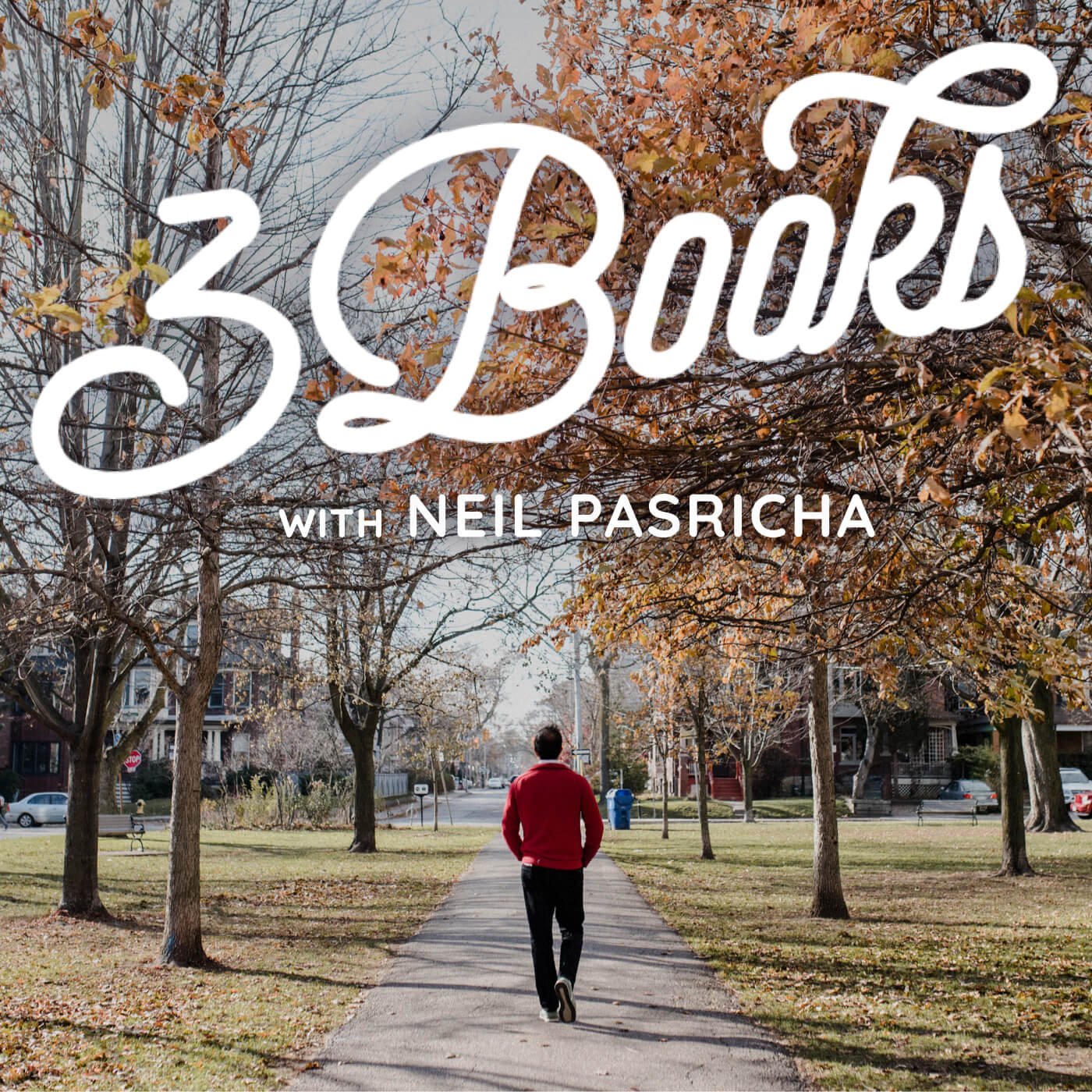What is your erotic potential? And how might you ... increase it? Online erotica? Mindful masturbation? Solo nude mirror practices? The answer is all of the above and much, much more.
To help guide us through the erotic bramblebush (erotic bramblebush? erotic bramblebush!) we are very lucky to sit down with the wise and wonderful Rebecca S. Kay.
Rebecca is a Sex Educator with over ten years of experience. She's been a sexual advisor at Planned Parenthood, the Sexual Education Centre at the University of Toronto and the Brandon Centre in London, England. She has studied Surrogate Partner Therapy with UK based ICASA and is currently obtaining her certification in Somatic Sex Education and Sexological Bodywork through the Institute for the Study of Somatic Sex Education.
Rebecca's mission is to break down sexual stigma and build up people's relationships with their bodies, sexualities, and each other. She is guided by the belief that pleasure is an essential element of this work and that nurturing intimacy takes courage and practice. Rebecca helps clients connect with their bodies and sharpen their skills through mindfulness, sexological bodywork, psychology, and neuroscience. She's at www.rebeccaskay.com and I recommend checking out her work and offerings.
With Rebecca's warmth, curiosity, and judgement-free guidance she creates such a rare and supportive open space to talk about sexuality. And yet! Despite this safe space creating ability ... I was, uh, extremely nervous. Extremely. As you'll hear. So it was growth for me and I hope it can be growth for you, too. Sexuality is so stigmatized and maybe this type of conversation helps us move a little bit down the path.
My wife Leslie also teaches sexual ed to seventh and eighth grade students and she (kindly!) joins for this conversation. So, here we go! Are you ready? Let's bravely jump into this wonderful conversation with Rebecca S. Kay.
Let’s flip the page into Chapter 109 now…
Chapter 109: rebecca the sex educator on embracing erotic exploration
What You'll Learn:
How should we teach young people about sex?
Why is there still so much stigma around sex?
What is planned parenthood?
What is somatic sex education?
What is erotic potential?
What is the state of sex education today?
Why is it so important to teach kids about body parts?
How are we shaped by our first sexual experiences?
How can we help kids explore their sexuality safely?
What is the value of reading erotic writing?
How can we use self compassion to love our bodies more?
How do we reconcile the paradox of coupledom and erotic desire?
How can we maintain eroticism in a long term committed relationship?
What is the difference between love and desire?
Why is eroticism in marriage fairly new as a concept?
What’s the state of marriage today?
Why are monogamy and non monogamy not binary?
What is a peak erotic experience?
What is mindful masturbation?
What is a surrogate partner?
What is sexological bodywork?
What is the future of sex coaching?
Notable quotes from rebecca:
“Capitalism wants to make you feel bad about how you look.” Rebecca the Sex Educator #3bookspodcast
“Fantasies can offer windows into your erotic self.” Rebecca the Sex Educator #3bookspodcast
connect with rebecca:
word of the chapter:
Resources Mentioned:
Rebecca’s first book [9:42]
PSSST! Here's an Easter Egg. Did you listen to the show where I stumbled on Anne Rice's original name being "Howard"? I looked it up! Anne says:
“Well, my birth name is Howard Allen because apparently my mother thought it was a good idea to name me Howard. My father’s name was Howard, she wanted to name me after Howard, and she thought it was a very interesting thing to do. She was a bit of a Bohemian, a bit of mad woman, a bit of a genius, and a great deal of a great teacher. And she had the idea that naming a woman Howard was going to give that woman an unusual advantage in the world.”
Rebecca’s second book [30:47]
Rebecca’s third book [1:03:00]
Fifty Shades of Grey by E,L. James
The Erotic Mind by Jack Morin
Poly Secure by Jessica Fern
Bodies are Cool by Tyler Feder
The Stand by Stephen King
On Writing by Stephen King
Pet Sematary by Stephen King
Animal Farm by George Orwell
The Little Prince by Antoine de Saint-Exupéry
Watership Down by Richard Adams
Ten Percent Happier by Dam Harris
All the Light We Cannot See by Anthony Doerr
To Kill a Mockingbird by Harper Lee






